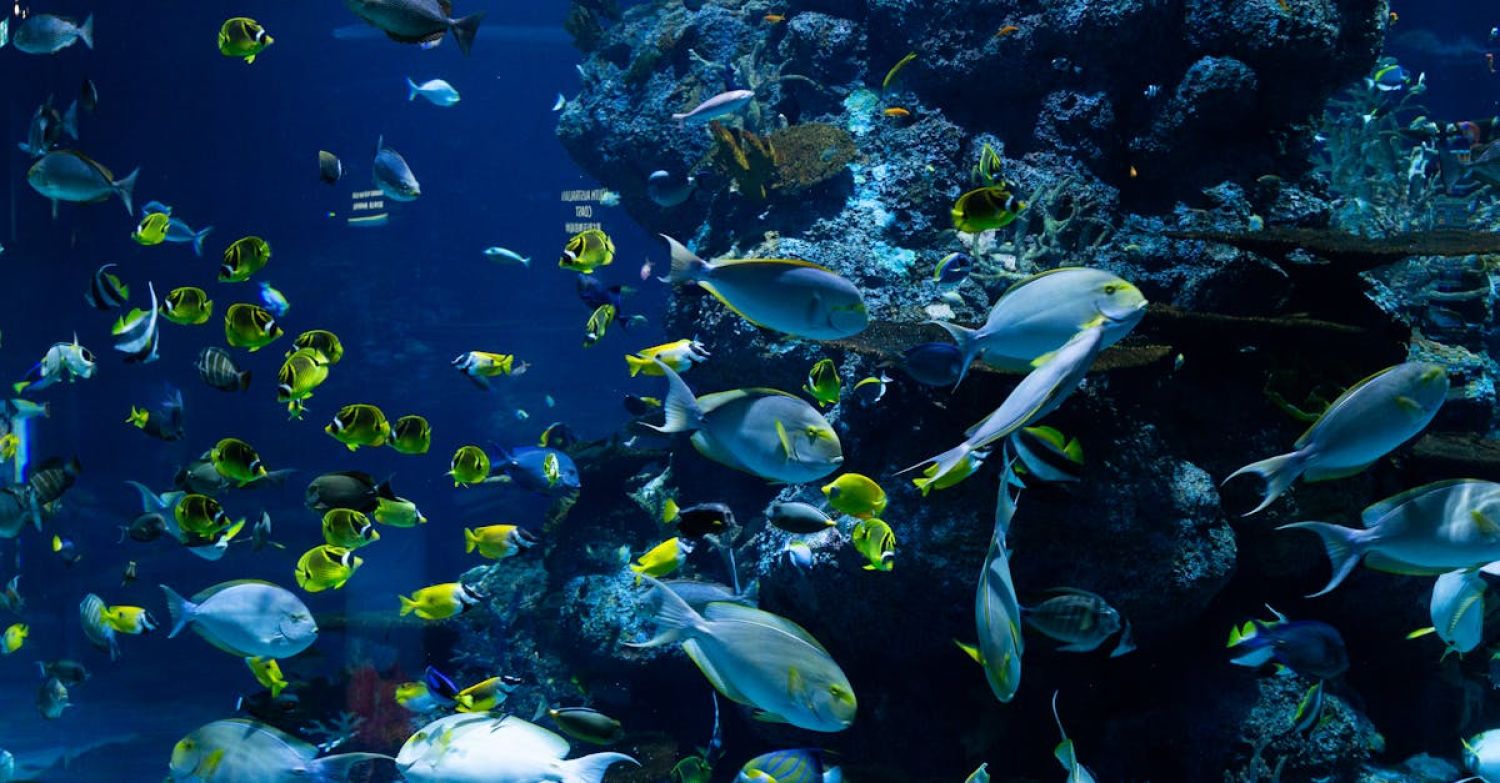Marine conservation is an essential field dedicated to the protection and restoration of the world’s oceans and marine ecosystems. With over 70% of the Earth’s surface covered by water, these areas are vital for biodiversity, climate regulation, and human sustenance. However, the oceans face numerous threats, from pollution and overfishing to climate change and habitat destruction. Understanding marine conservation is crucial for safeguarding these ecosystems and ensuring they continue to support life on our planet.
The Importance of Marine Ecosystems
Marine ecosystems are incredibly diverse, housing a vast array of species, including fish, mammals, invertebrates, and plants. Coral reefs, mangroves, and seagrasses are just a few examples of critical habitats that provide food, shelter, and nursery grounds for countless marine organisms. These ecosystems also play a significant role in carbon sequestration, absorbing carbon dioxide and helping to regulate the global climate. Moreover, healthy oceans are essential for the livelihoods of millions of people who rely on fishing, tourism, and recreation.
Challenges Facing Marine Environments
Despite their importance, marine ecosystems are under siege. Overfishing has led to the depletion of fish stocks and disrupted food webs. According to the Food and Agriculture Organization (FAO), nearly one-third of the world’s fish stocks are overexploited or depleted. Additionally, pollution from plastics, chemicals, and agricultural runoff contaminates marine habitats, harming wildlife and entering the human food chain. Climate change further exacerbates these issues, causing ocean acidification and rising temperatures that threaten the survival of sensitive species like corals.
Strategies for Marine Conservation
Effective marine conservation requires a multifaceted approach. One of the primary strategies is the establishment of marine protected areas (MPAs). These designated regions limit human activities to preserve biodiversity and promote ecosystem resilience. MPAs can take various forms, from fully protected marine reserves to areas that allow sustainable fishing practices. By creating sanctuaries for marine life, these areas can help replenish fish populations and restore habitats.
Another important strategy is the promotion of sustainable fishing practices. Implementing regulations, such as catch limits and seasonal closures, can help ensure fish populations remain healthy. Additionally, encouraging the use of selective fishing gear can reduce bycatch—the unintentional capture of non-target species. Educating fishers about sustainable practices fosters a culture of conservation that benefits both the environment and local communities.
The Role of Technology in Conservation
Advancements in technology have revolutionized marine conservation efforts. Satellite imagery and drones provide valuable data for monitoring marine habitats and assessing the health of ecosystems. Underwater sensors and remotely operated vehicles (ROVs) enable researchers to study marine life in real-time, while data analytics tools help identify trends and inform decision-making. Citizen science initiatives also leverage technology by engaging the public in data collection and monitoring efforts, fostering a sense of stewardship for the oceans.
Community Involvement and Education
Engaging local communities is crucial for the success of marine conservation initiatives. Education and outreach programs can raise awareness about the importance of marine ecosystems and the threats they face. When communities understand the value of their marine resources, they are more likely to participate in conservation efforts. Collaborative management approaches, where local stakeholders are involved in decision-making, can lead to more effective and sustainable outcomes.
Taking Action for Ocean Health
Protecting our oceans is a responsibility that falls on all of us. Individuals can contribute by reducing plastic consumption, supporting sustainable seafood choices, and advocating for policies that protect marine environments. Participation in beach clean-ups and local conservation projects can also make a tangible difference. By collectively taking action, we can help ensure that marine ecosystems thrive for generations to come.
A Sustainable Future for Oceans
As we face the ongoing challenges of climate change and human impact, marine conservation is more critical than ever. By prioritizing the health of our oceans, we safeguard biodiversity, protect livelihoods, and enhance global resilience. The journey toward a sustainable future for marine ecosystems demands cooperation, innovation, and unwavering commitment. Together, we can create a world where vibrant oceans flourish, supporting both nature and humanity in harmony.
